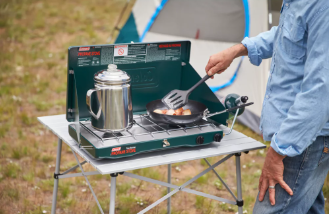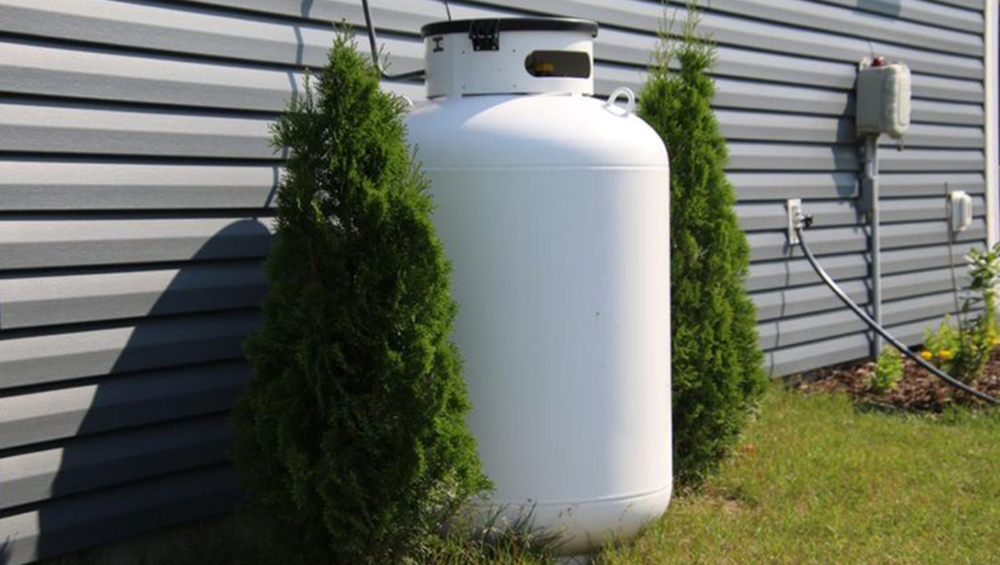The rising cost of traditional gasoline and diesel fuels has encouraged many individuals to look for other energy sources. One such alternative is propane, a versatile fuel that has been around for decades.
But the real question is, can you use propane to fuel your vehicle? The short answer is yes, but there are several factors to consider before you shift to propane as a fuel source. Let’s look at the viability of using propane as a vehicle fuel, its advantages and disadvantages, and some practical considerations for those interested in this alternative fuel.
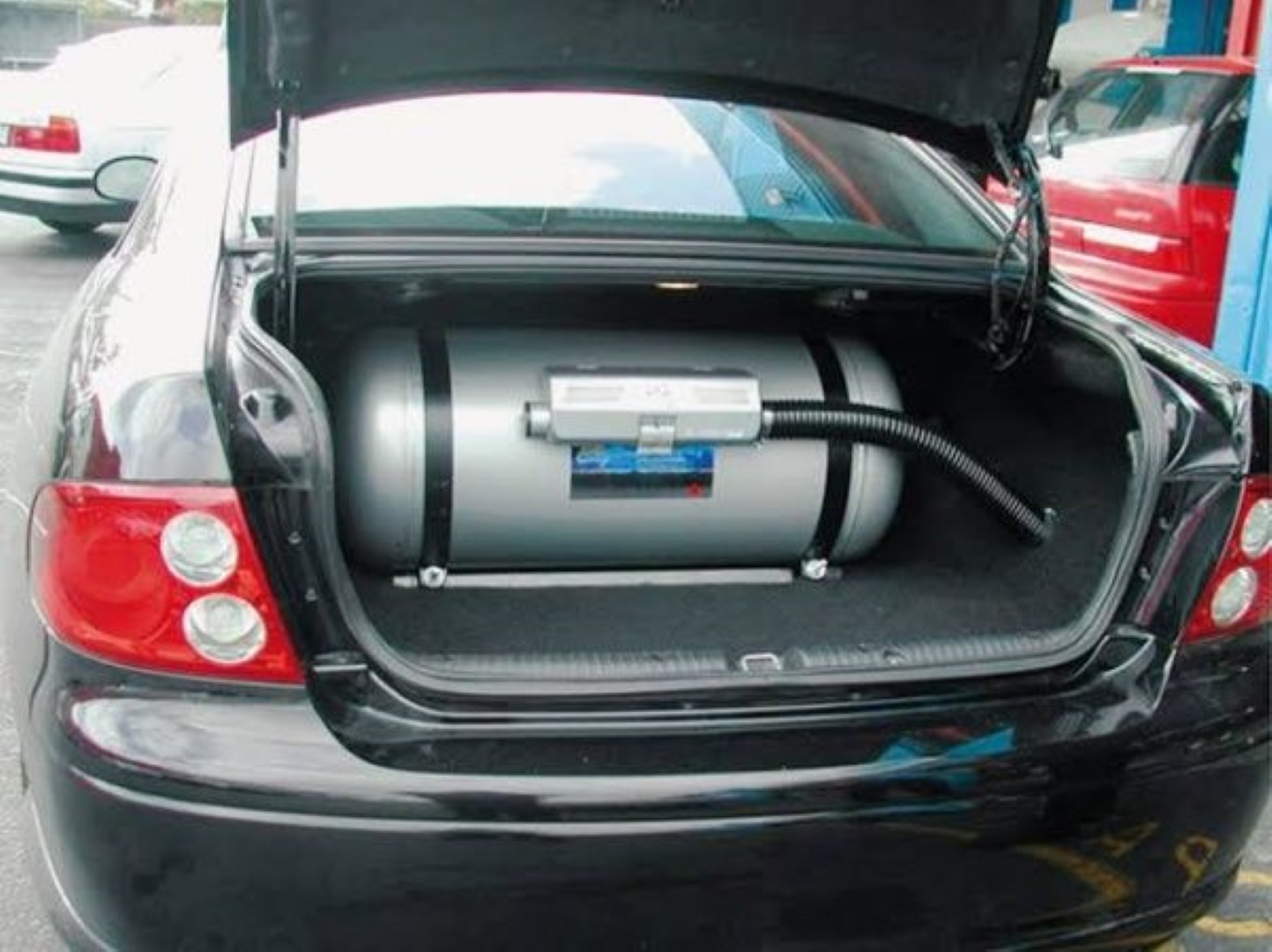 Advantages of Using Propane to Fuel Your Vehicle
Advantages of Using Propane to Fuel Your Vehicle
Cheap Prices
Propane is often cheaper than gasoline and diesel. With oil prices going up and down, propane can offer a more stable fuel cost. This can lead to significant savings over time, especially for those who drive long distances almost every day.
Environmental Benefits
Vehicles running on propane produce fewer greenhouse gases and other pollutants in comparison to those running on gasoline or diesel. Propane combustion generates lower levels of carbon monoxide, hydrocarbons, and nitrogen oxides. This contributes to better air quality.
Availability and Convenience
Propane is widely available, with numerous propane companies near you offering various services. Whether you need propane cylinder refills, propane tank delivery, or even a commercial propane delivery, finding a propane supplier is relatively easy these days. You just have to search for “propane delivery near me” or “propane fill near me,” which will quickly connect you to local services.
Energy Efficiency
Propane has a high energy density, which means it can produce a significant amount of energy per unit. This translates to better fuel efficiency and longer driving ranges compared to some other alternative fuels.
Vehicle Longevity
Propane burns cleaner than gasoline and diesel. This reduces wear and tear on vehicle engines. This can lead to longer engine life and lower maintenance costs.
Disadvantages of Using Propane to Fuel Your Vehicle
Initial Conversion Cost
Converting a vehicle to run on propane can be expensive at first. The cost includes purchasing and installing the propane fuel system. Such a system ranges from a few thousand to several thousand dollars. This upfront investment may be troublesome for some drivers.
Fuel Availability
While propane is widely available, not all fueling stations offer propane. This means you may need to plan your routes carefully. Searching for “propane delivery service near me” or “propane exchange delivery” can help, but it adds an extra step compared to traditional fueling.
Storage and Safety Concerns
Propane tanks must be stored and handled properly to ensure safety. Propane is highly flammable, and improper storage or handling can lead to accidents. However, with proper precautions, these risks can be minimized.
Reduced Energy Density
Although propane is energy-efficient, it has a lower energy density per gallon compared to gasoline. This means vehicles running on propane may have a slightly lower range, which requires more frequent refueling.
Practical Considerations
If you’re considering propane for your vehicle, it’s important to weigh the pros and cons according to your respective needs and circumstances. For commercial fleets, the advantages of propane, such as cost savings, can be beneficial. Commercial propane delivery services make it easier to manage fueling logistics, ensuring that vehicles are always ready to go.
For individual drivers, convenience and availability are crucial factors to consider. Additionally, considering the environmental benefits and potential cost savings, propane can be an attractive option for eco-conscious drivers.
Conclusion
Propane is a viable alternative fuel for vehicles, offering numerous benefits to drivers. However, it also comes with challenges and the need for proper storage and handling. By weighing these factors and considering your specific needs, you can determine whether propane is the right choice for fueling your vehicle.

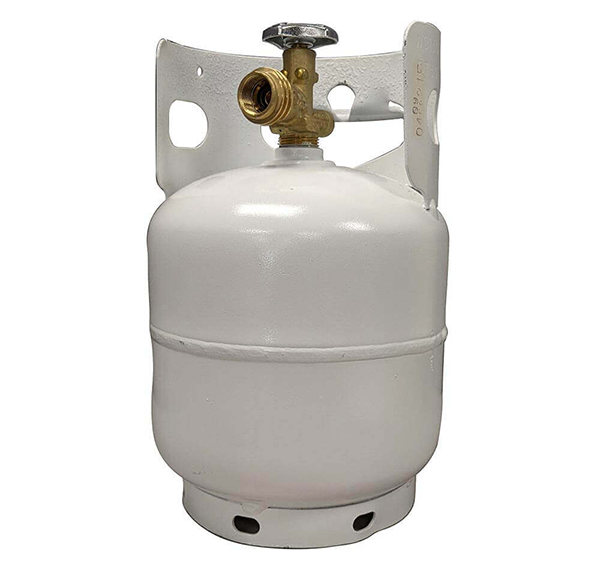
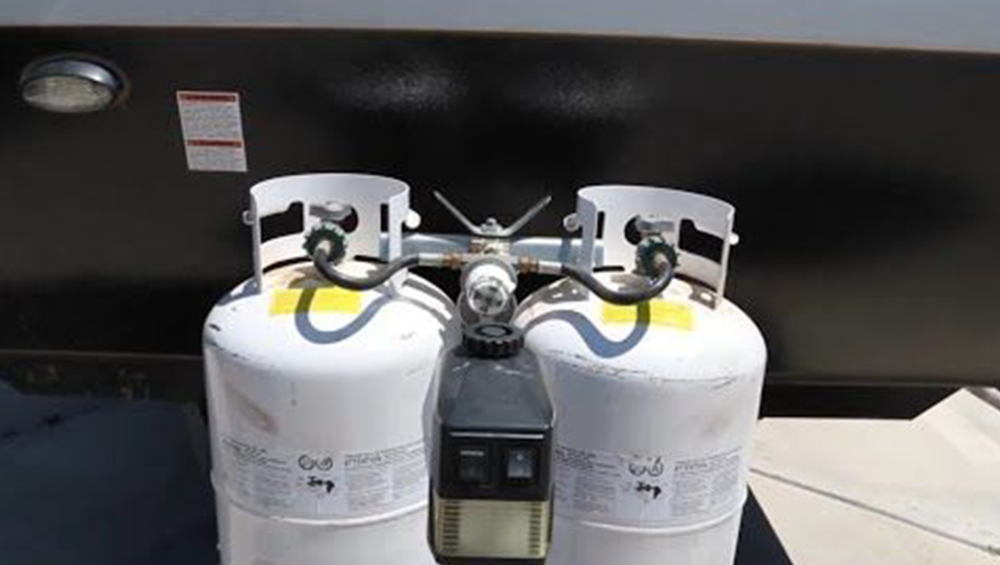
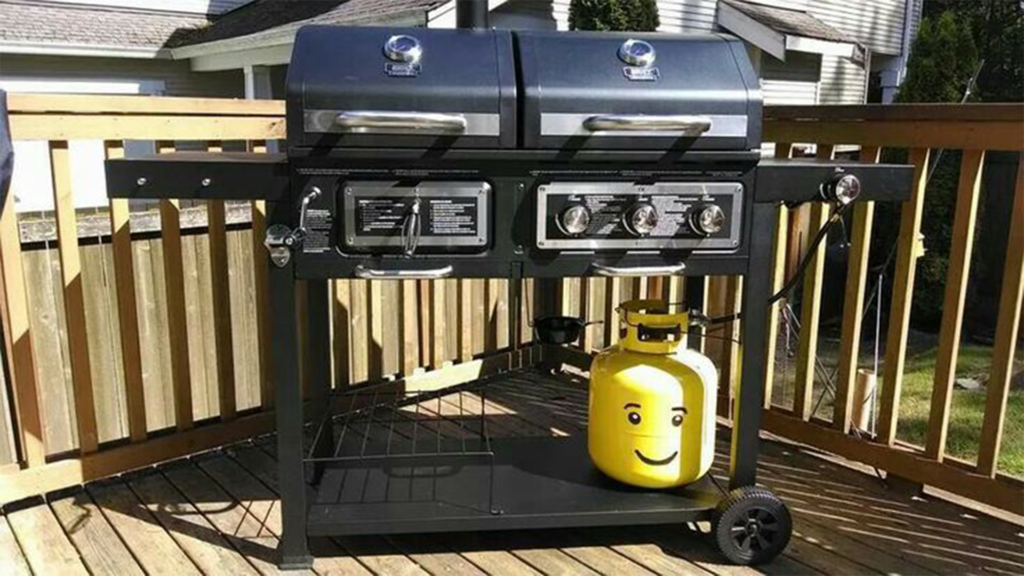
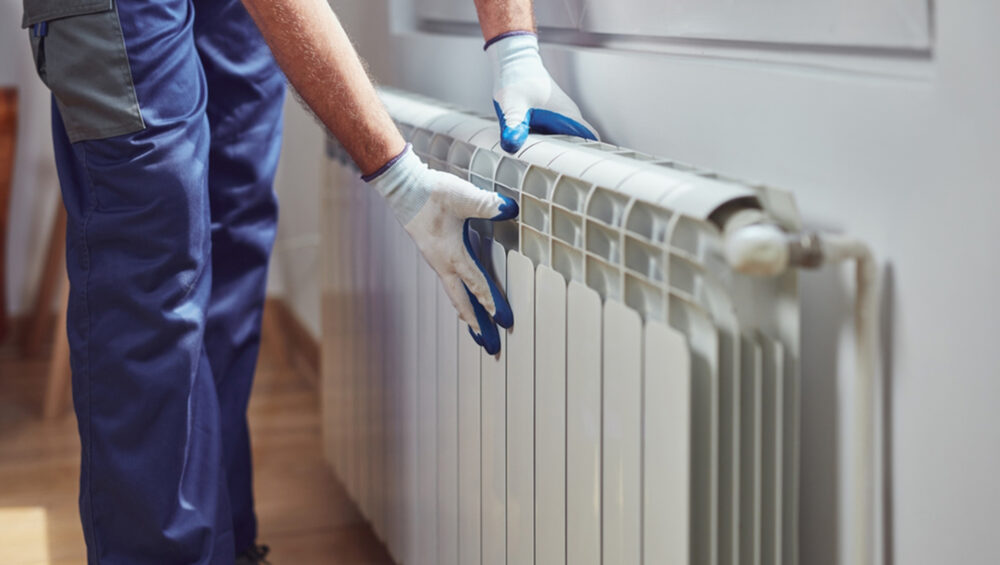

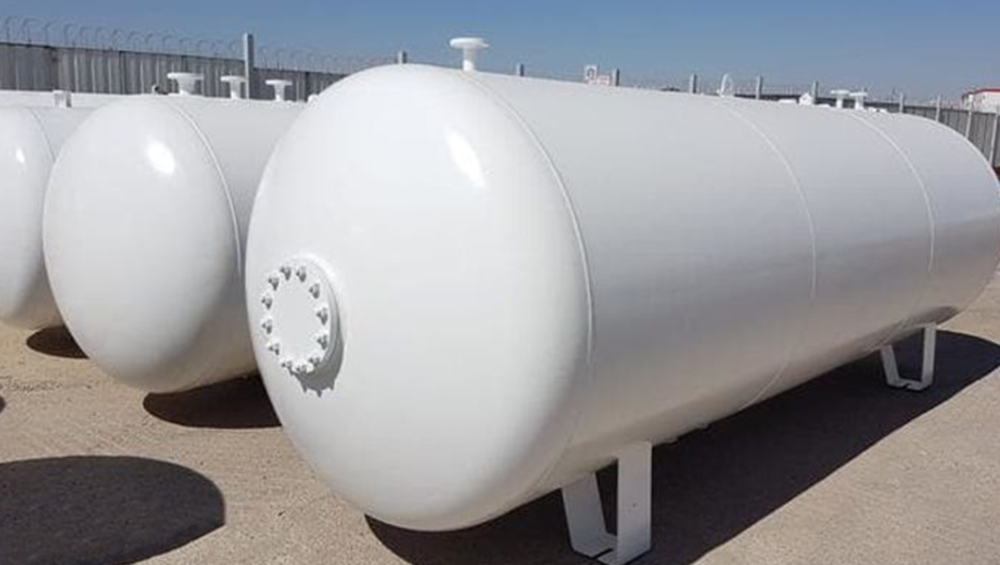
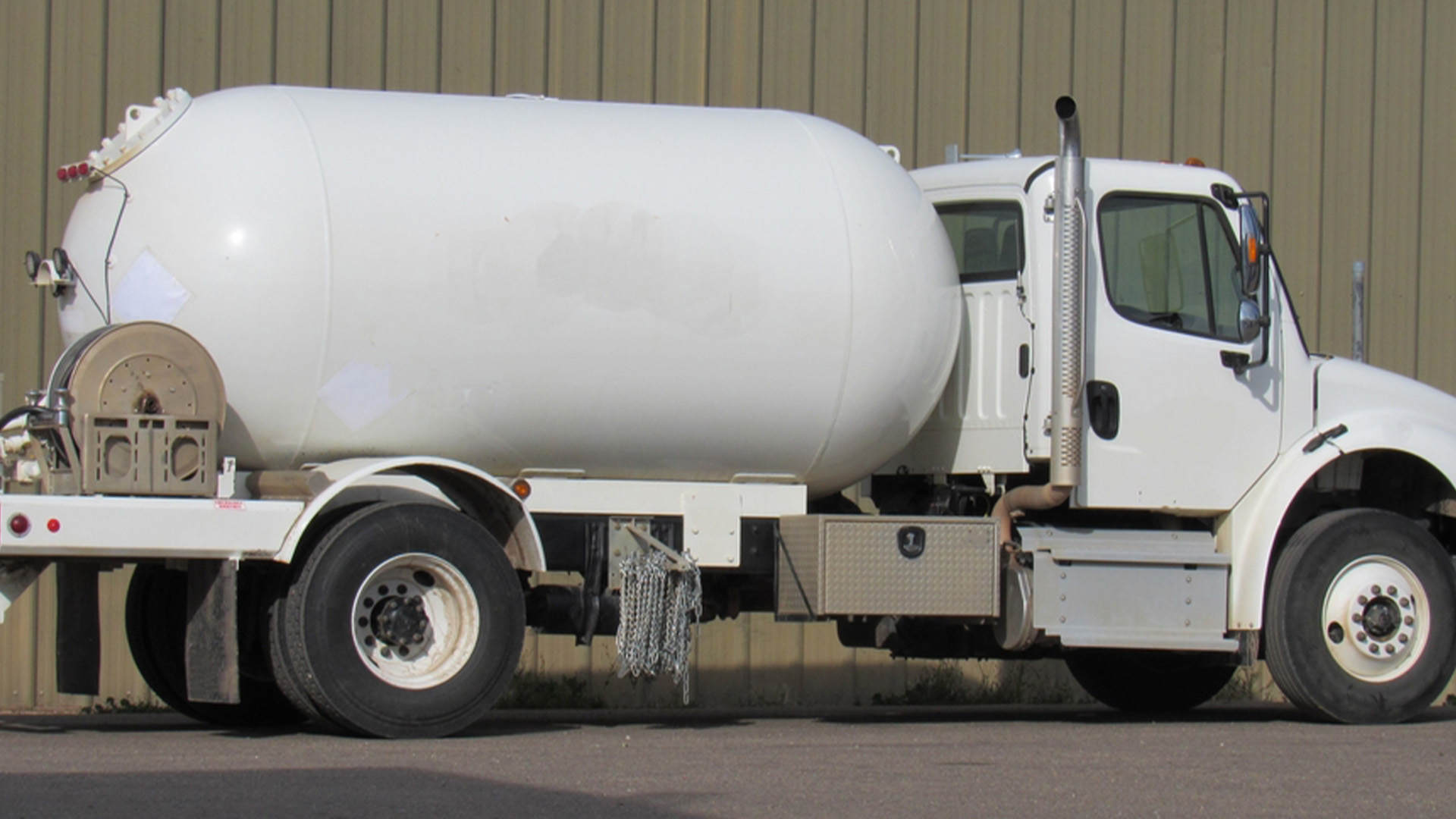 Propane Tank Selection
Propane Tank Selection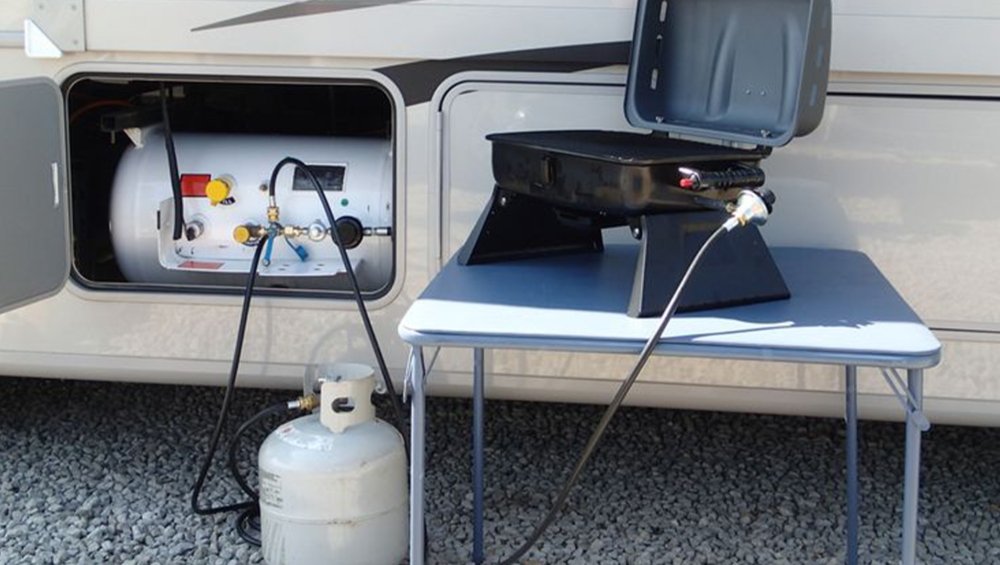
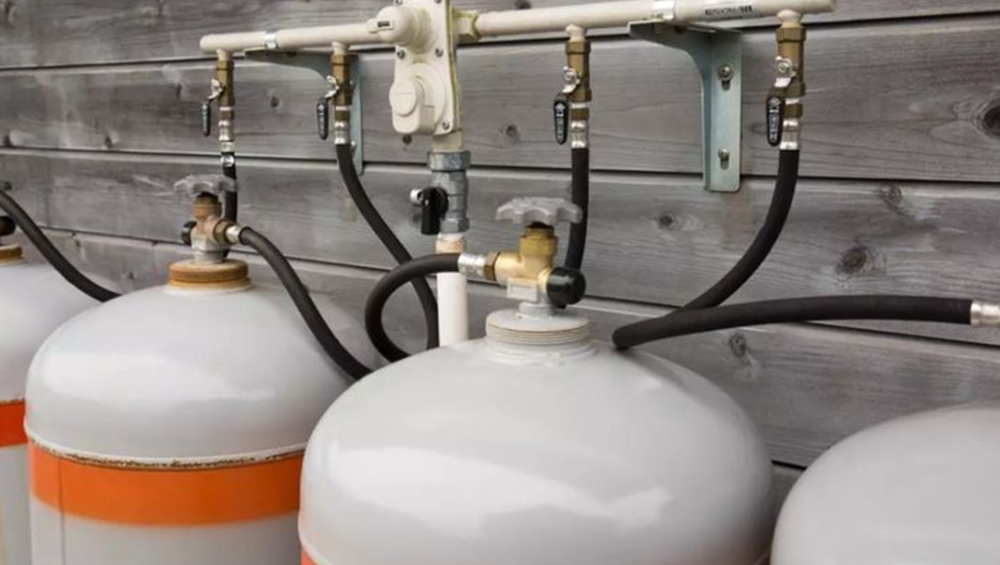
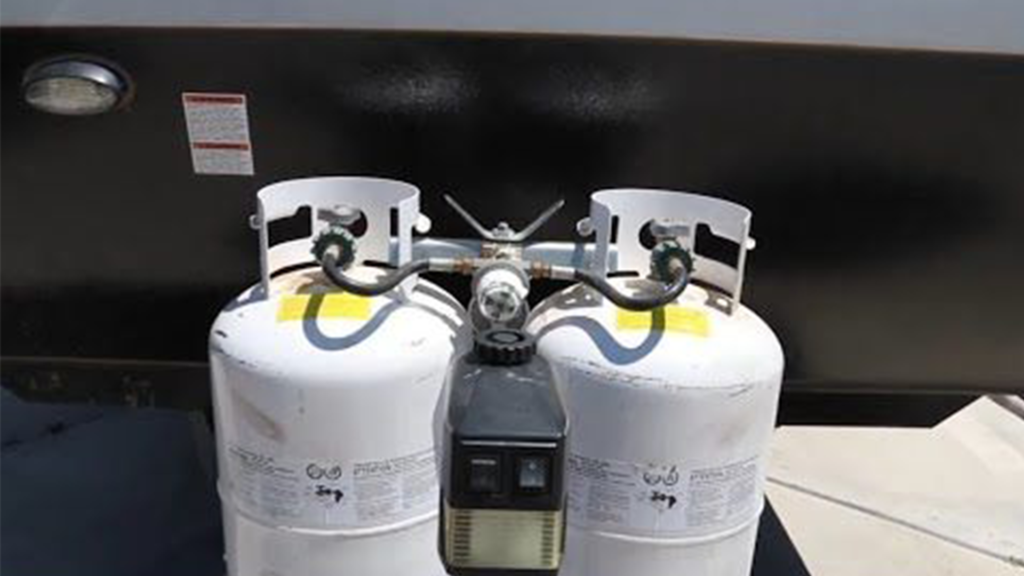
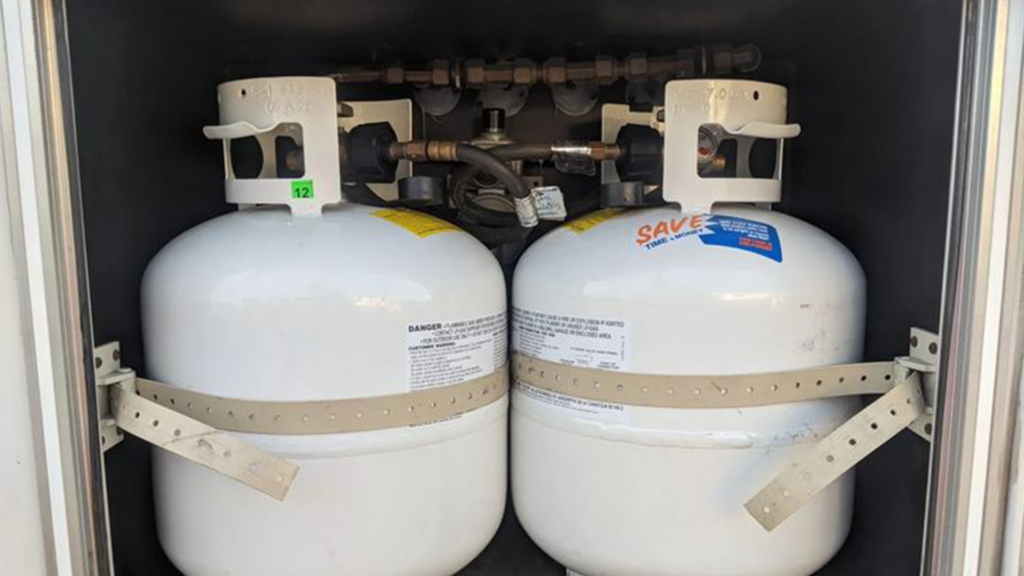
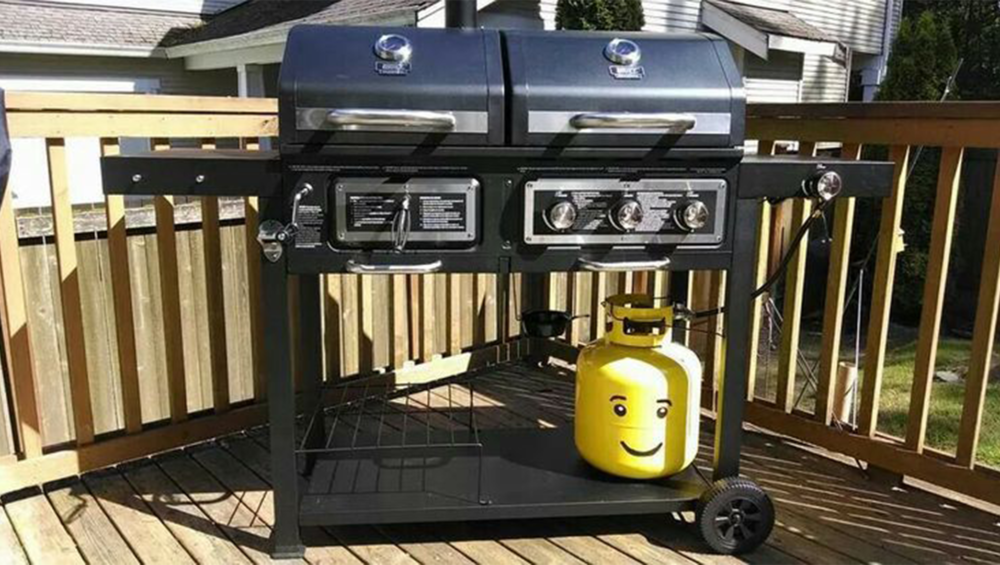
 Propane Gas as the Outdoor Adventurer’s Best Companion
Propane Gas as the Outdoor Adventurer’s Best Companion